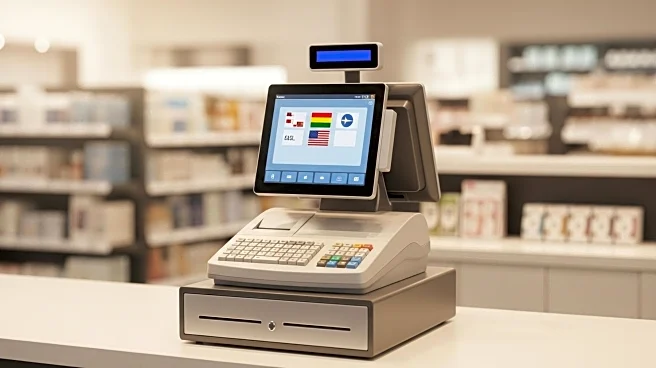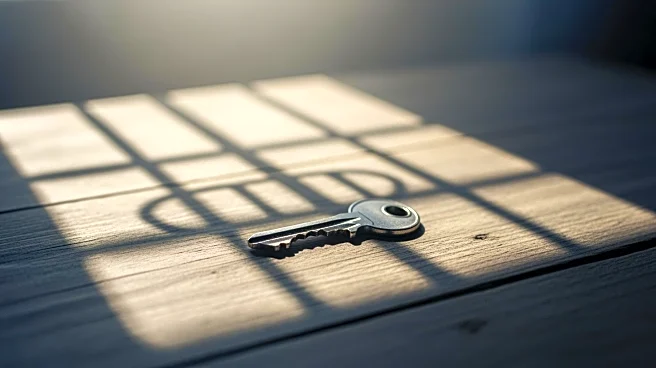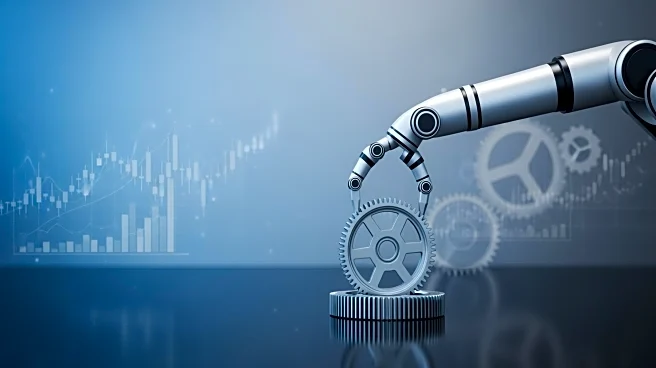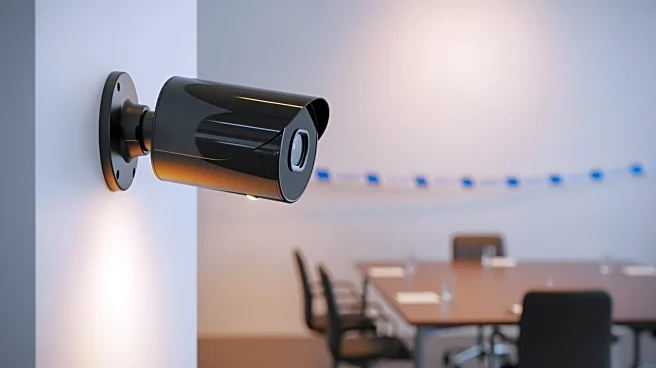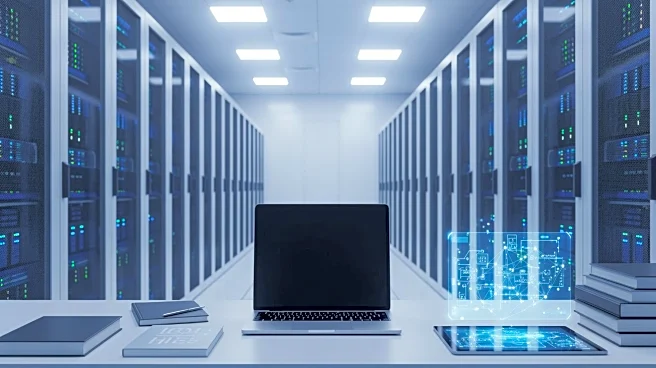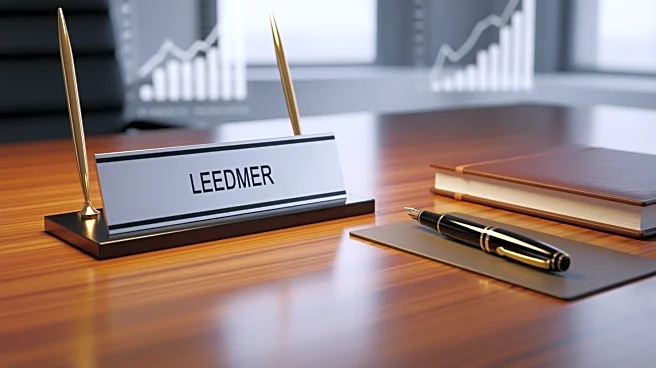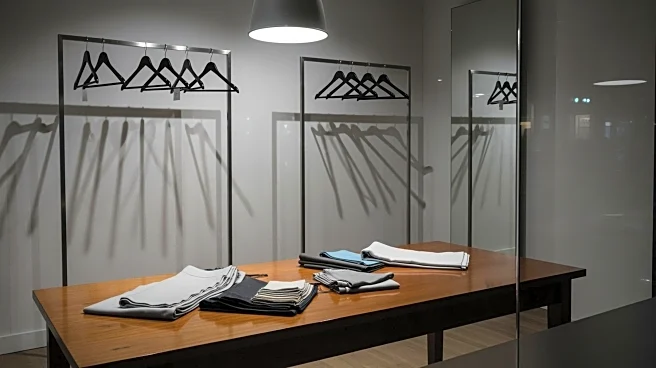What is the story about?
What's Happening?
Retailers are increasingly focusing on optimizing their equipment to reduce costs and enhance profitability. In a recent episode of the Retail Gazette Unpacked podcast, Dmytro Visyn, Chief Business Development Officer at Modern Expo, discussed strategies for UK retailers to improve efficiency. Visyn highlighted that refrigeration accounts for 40 to 60 percent of a store's energy consumption. By reducing energy costs by 20 percent, retailers can achieve a sales equivalent increase of 5 percent. This optimization can lead to significant savings, with a typical convenience store potentially saving around £80,000 over the lifespan of its refrigeration systems. The discussion emphasized the importance of balancing equipment costs with long-term profits.
Why It's Important?
The optimization of equipment in retail stores is crucial for reducing operational costs and increasing profitability. As energy costs continue to rise, finding ways to cut these expenses can significantly impact a retailer's bottom line. By focusing on efficient refrigeration systems, retailers can not only save money but also contribute to environmental sustainability by reducing energy consumption. This approach is particularly important for smaller format stores that may have tighter margins and less room for error. The potential savings and increased efficiency can provide a competitive edge in the retail market, allowing businesses to reinvest in other areas such as customer experience or product offerings.
What's Next?
Retailers are likely to continue exploring and implementing equipment optimization strategies to further reduce costs and improve efficiency. As technology advances, new solutions may become available that offer even greater energy savings and operational improvements. Retailers may also seek partnerships with companies like Modern Expo to leverage expertise in equipment optimization. Additionally, there may be increased interest in sustainable practices, as reducing energy consumption aligns with broader environmental goals. Stakeholders, including business leaders and environmental groups, may advocate for policies that support energy-efficient practices in the retail sector.
Beyond the Headlines
The move towards optimizing equipment in retail stores has broader implications beyond cost savings. It reflects a growing trend towards sustainability and responsible business practices. By reducing energy consumption, retailers can contribute to environmental conservation efforts and reduce their carbon footprint. This shift may also influence consumer perceptions, as shoppers increasingly favor businesses that demonstrate a commitment to sustainability. Furthermore, the focus on efficiency may drive innovation in the retail industry, leading to the development of new technologies and practices that enhance both profitability and environmental stewardship.
